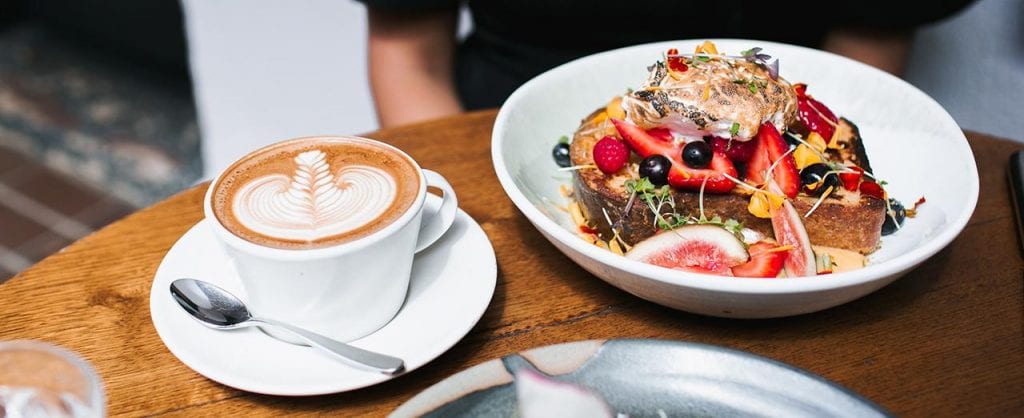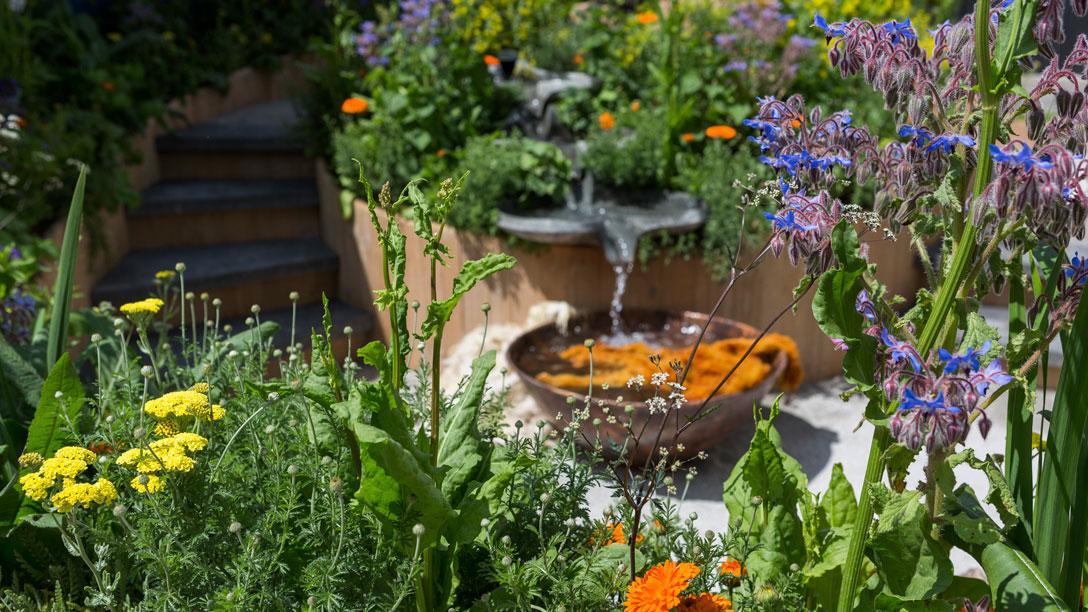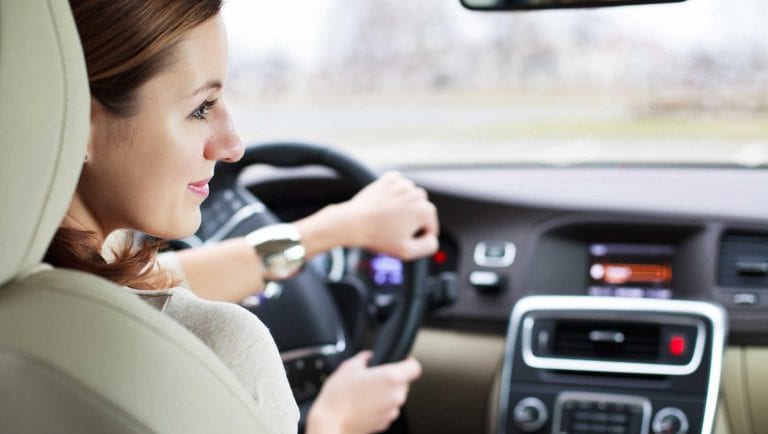To achieve maximum happiness, as soon as you finish reading this, you should start eating only spam, quit your gym, and get a horrible but high paying job (patent lawyer or international accountant come to mind). Then, funnel all the extra money into a savings account.
Ok, that might be a little extreme, but a survey released by SimplePayday suggests that having a lot of money saved up is more important to people’s overall sense of health than eating healthy foods, having a job they like, or exercising regularly.
In the survey, 84 percent of respondents said that having money in the bank was important to their overall appreciation of well-being, more than the 73 percent who said eating healthy foods, the 68 percent who said having a job they like, or the 59 percent who said exercising regularly were important.
Still, as important as savings is, it still trailed having good relationships and having time to relax and unwind, which is what you’d expect. Money in the bank doesn’t mean much if you don’t have any time to enjoy it or anyone nice to enjoy it with.
A larger proportion of people with savings also reported being happy compared to those without. Overall, 29 percent of those with no savings said they were “extremely or very happy,” compared to 42 percent of those with between £20,000 and £100,000 in the bank and a whopping 57 percent with more than £100,000 in savings.
One thing I do wonder though is how much of their happiness can be attributed to their fat savings accounts and how much of it can be chalked up to having the kind of income that lets you feasibly put away 100 stacks in savings in the first place. In another section of the poll, the biggest reasons people cited for not saving was “The amount of money I make,” “Paying off my debts and/or loans,” and “My basic living expenses.” And those are pretty valid reasons! It’s hard to get anything going savings-wise when you have to strain to cover food, shelter, and utilities.
Ways to save money

Source: hdnux.com
When you eat and drink
- Use cloth napkins: Instead of repeatedly buying packages of paper napkins, set the table with cotton or linen ones that eventually end up in the washer, not the recycling bin.
- Carry your mug: Coffee shops often give discounts to customers who bring in their reusable cups.
- Grow your own: Vegetables, herbs, berries, and fruit from your garden taste better than store-bought and save you trips to the market.
- Eat less meat: Too much meat, especially beef, negatively effects our health, so bulk up those dishes with vegetables, a much cheaper way to go.
- Utilize residual heat: Cut down your power bill by turning off the oven five minutes before your casserole is finished. It will continue to cook.
- Track your trash: This helps you know if you’re buying too much of a certain food or beverage and not getting to it before it spoils.
- Freeze or can: Preserve the bounty from your home-grown produce for eating the rest of the year.

Source: Tempur
When you get ready in the morning
- Replace your showerhead: According to the Department of Energy & Climate Change a low-flow model costs between £10 and £20 and causes you to use as much as 60 percent less water than a regular showerhead.
- Turn off the water: Don’t let the tap run while brushing your teeth, washing your face or shaving, which lets much of that precious resource go down the drain.
- Insulate your hot water heater: The Department of Energy says you pay a one-time cost of £30 for a heater blanket. That investment gives you a savings of up to £45 every year.
- Buy wash-and-wear clothing: Clothes that need dry cleaning cost you more money and add toxic chemicals to the environment.

Source: rhs.org.uk
When you garden
- Kill weeds with vinegar: Instead of buying pricey weed killer, mix one gallon of inexpensive white vinegar, one cup of salt and a tablespoon of dish detergent. Pour the mixture into a spray bottle and dowse your weeds with it. This solution works best on a sunny day.
- Add a compost bin to your yard: Compost gives your soil the nutrients it needs without having to buy a special soil mix from a nursery. It also helps you get rid of table scraps including coffee grounds, tea leaves, fruit and vegetable peelings, and egg shells.
- Reuse pantyhose: For those garden vegetables like pole beans and tomatoes that need stakes to grow straight, cut off pieces of old tights to use for ties.
- Start a co-op: Ask your neighbors or co-workers to go in together and swap extra vegetables, fruits, and eggs from backyard chickens. That way nothing goes to waste.

Source: thesociallit.com
When you drive
- Turn on cruise control: You’ll get better mileage and won’t stress yourself as much.
- Drive sustainably: Idling, braking often, speeding and carrying cargo on the roof all negatively impact your gas mileage.
- Maintain your car: Performing routine maintenance like changing the oil, air filter and keeping the tyres properly inflated also saves on fuel.

Source: Common Sense Leadership
When you work
- Flip the computer paper: Whenever possible use both sides of the paper you print on, which should make it last almost twice as long.
- Unplug machines: As long as computers, copiers, printers, etc. are plugged into live outlets they use power, which increases your power bill.
- Ask to telecommute: By working from home you save on travel, clothing maintenance, you don’t use the office’s supplies, and best of all the boss can’t monitor you.
